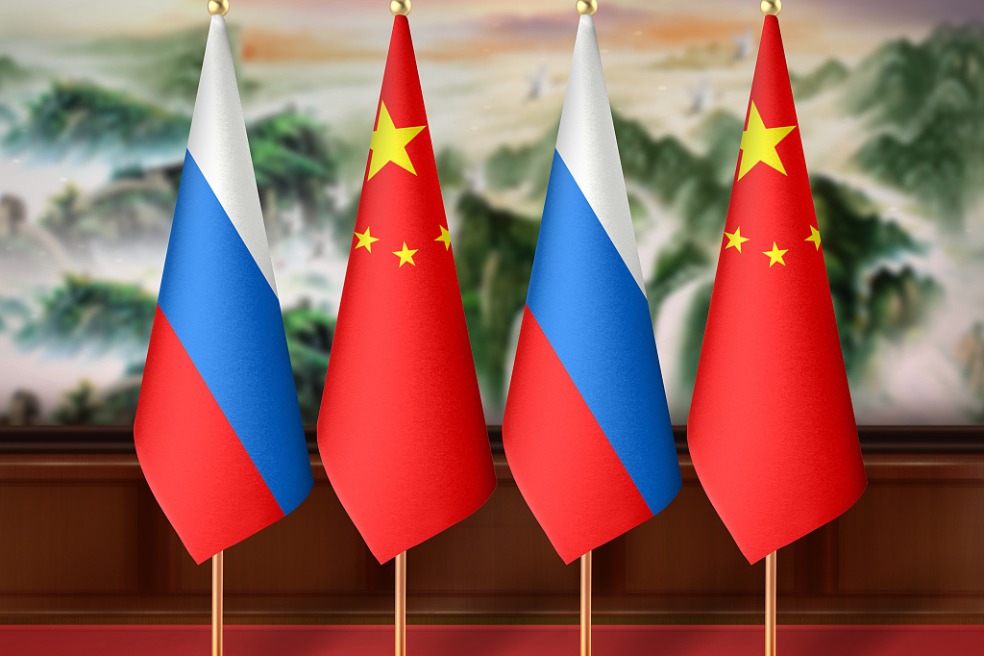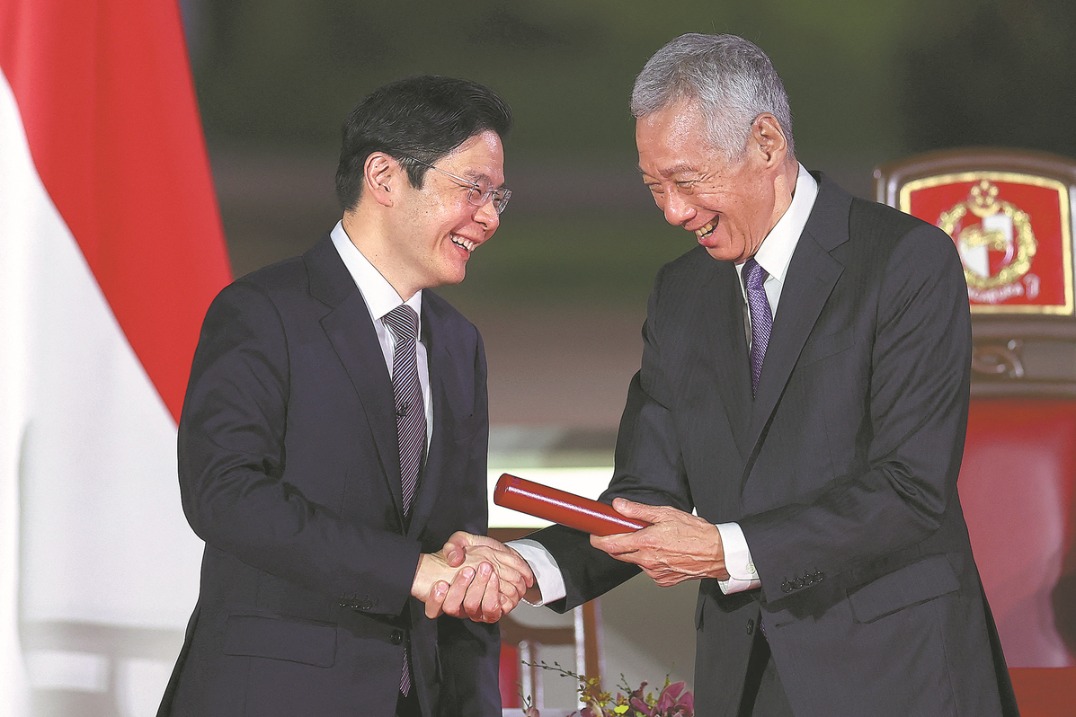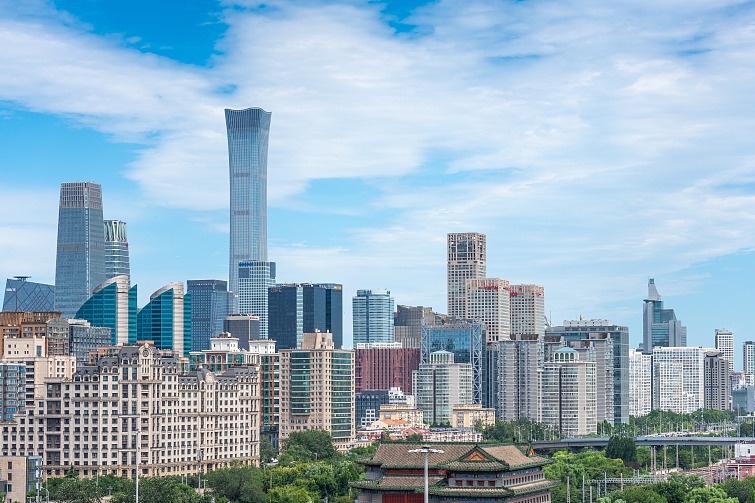Parties mull coalitions after election deadlock in Spain
By Earle Gale in London | China Daily Global | Updated: 2019-11-13 17:24

Spanish voters are still waiting to see whether a winner will emerge from the confusion of Sunday's general election, or whether the political deadlock that has crimped the country's decision-making will continue.
Spain's ruling socialist government, the Spanish Socialist Workers' party, triggered the election in the hope of increasing its share of the vote and tightening its vulnerable grip on the nation's reins. But the move looked to have backfired when right-wing parties did better than expected, although not well enough to form a government themselves.
With neither the left nor the right having done well enough to wrest outright control of Parliament, Spain's political parties have been negotiating with one another in the hope of forming a coalition that can lead the nation.
On Monday, Albert Rivera, the head of Spain's center-right Ciudadanos, or Citizens, party resigned because of heavy losses sustained in the election at the hands of the far-right Vox party. Rivera had taken his centrist party to the right before the vote and the Reuters news agency said his exit from the scene will make it easier for his successor to take the Ciudadanos party into a coalition with the socialists. Even then, other small parties will need to join the coalition if it is to form a majority.
The alternative, after another inconclusive election in April before the one on Sunday, would be for yet another general election.
Rivera said he hopes his party and the ruling socialists, led by acting prime minister Pedro Sanchez, will team up.
"It's time to unite, Spaniards," he said in his resignation speech. "The political leaders can divide or look (to) ... build bridges."
He said his decision to take his party to the right in order to compete with the far-right failed.
"When a political project is successful, a leader has to know that success belongs to everyone," he said. "But a leader also needs to know that bad results are their responsibility alone."
With the socialists having secured 120 seats in the 350-seat Parliament, they are the largest single party but still short of the 176 they need for a majority. The conservative People's party finished second with 88 seats, and the far-right Vox party finished third, with 52 seats.
Independent political analyst Miguel-Anxo Murado told Reuters: "No one has won. The best success has been for ... Vox, but this win does not give them any power ... It's not enough for the right-wing bloc to form a government."
The Guardian newspaper said Santiago Abascal, the leader of the Vox party who has been likened to former ruler Francisco Franco, had claimed the result was a breakthrough in his battle with the left.
"We have led a cultural and political change, because we have opened up all the forbidden debates and told the left that the story isn't over yet and that they don't have any moral superiority," the paper quoted him as saying.
The Independent newspaper said the inconclusive election result means Spain will likely be in for several more months of political uncertainty.
























